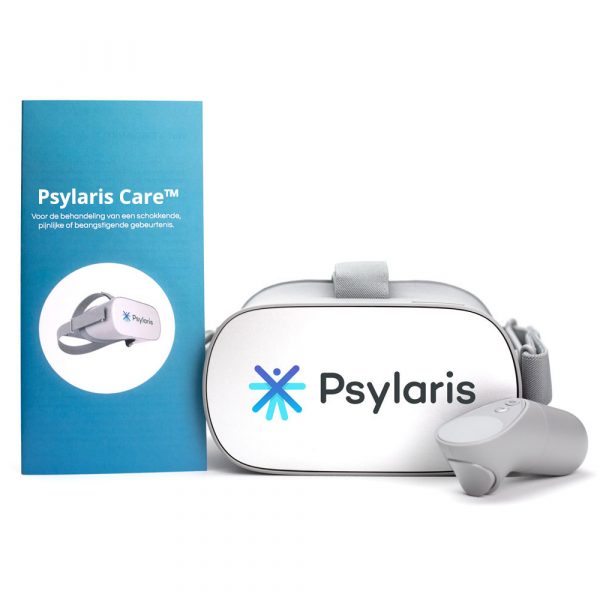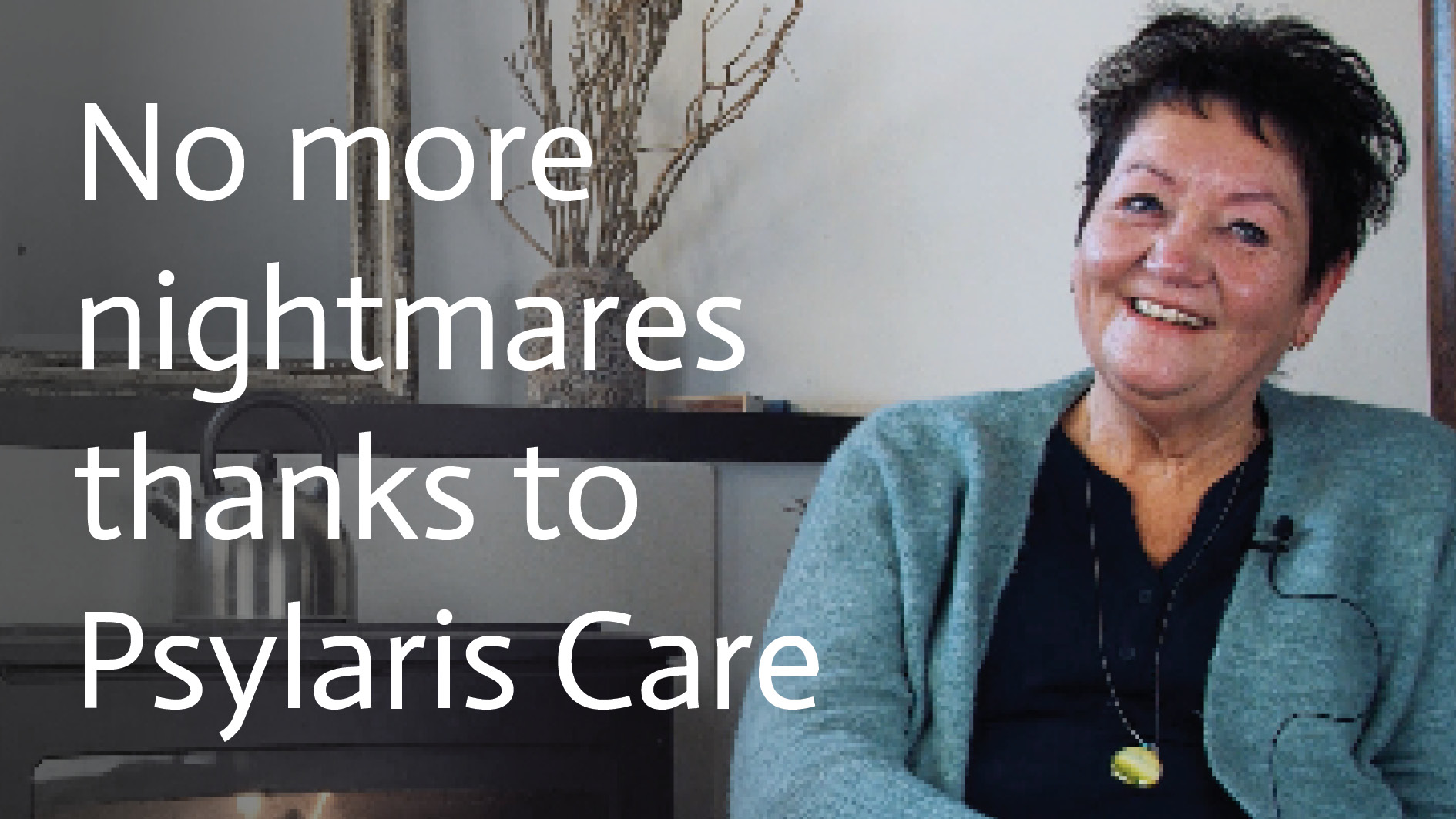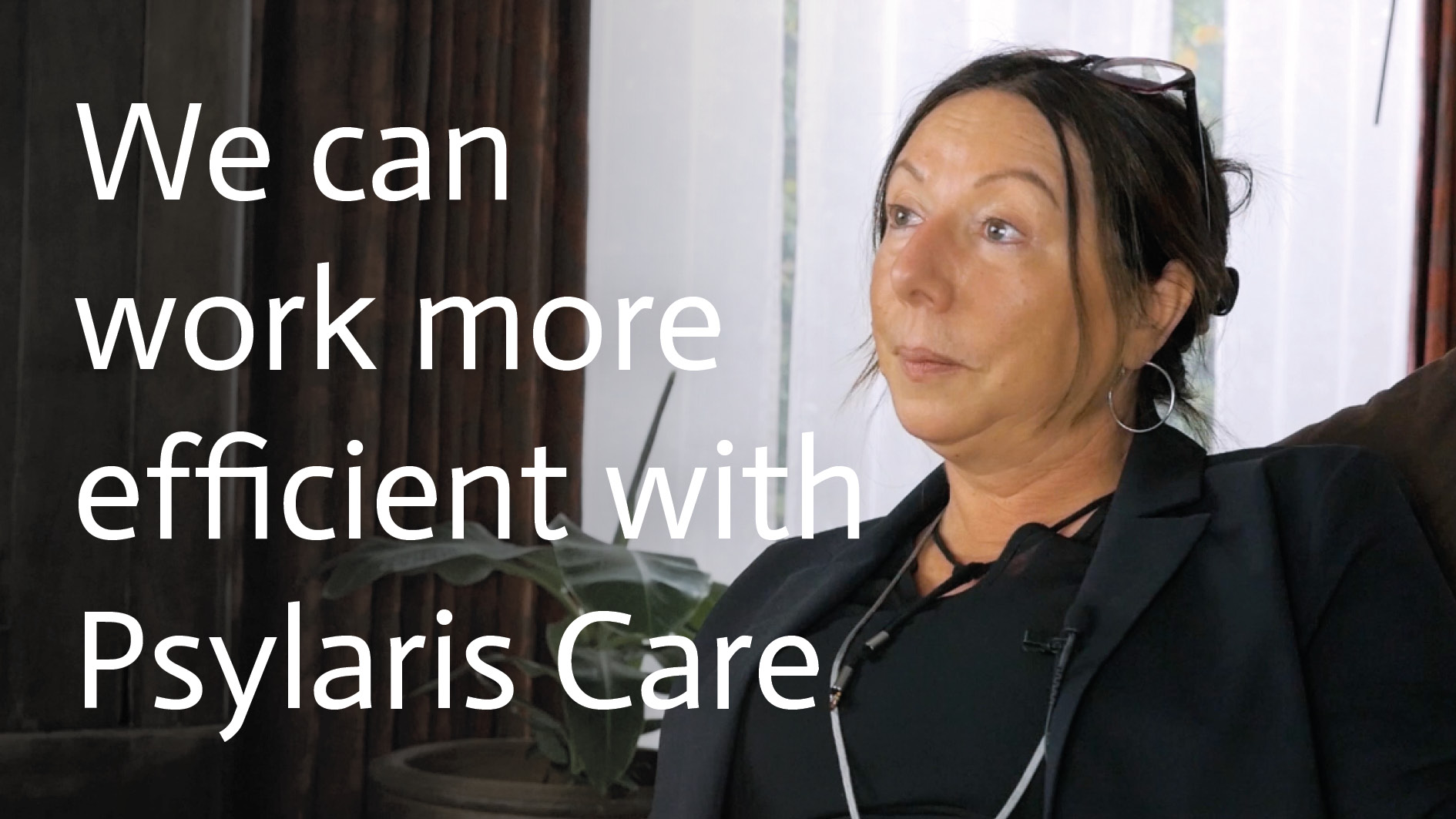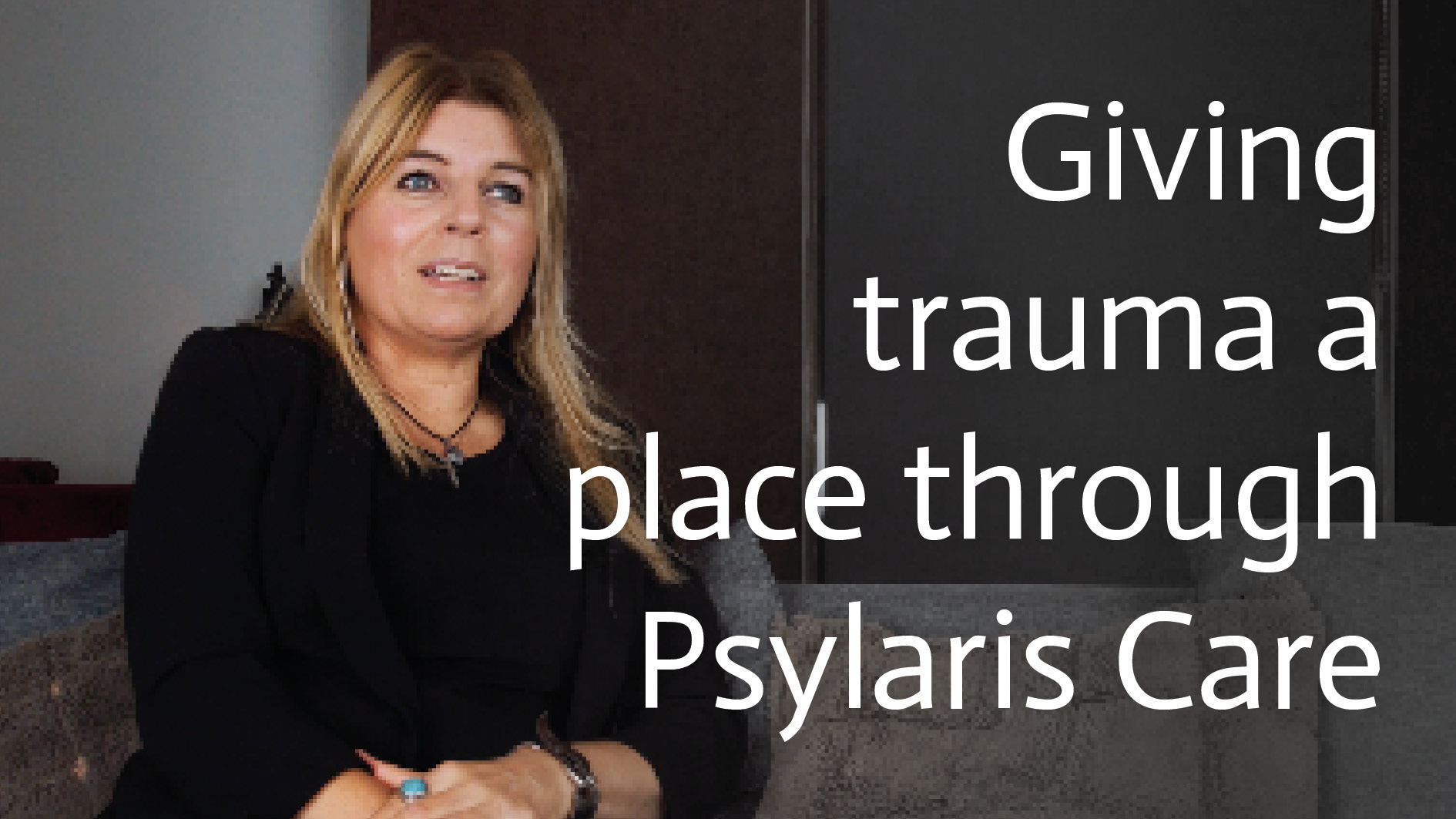850+
Organizations use Psylaris products
5500+
Therapists use our software worldwide
75.000+
Completed sessions with our applications
Serious events can occur in a person's life. These can range from an accident, (sexual) abuse to violence or war situations. Such a situation is called a trauma and takes a while to process. Processing consists of giving the trauma a place and then getting on with your life again. Occasionally, you may still look back on the event in question with emotion, but it has been given a place. When you do not succeed in giving a traumatic experience a place to live, we speak of an unresolved trauma. This can ultimately lead to post-traumatic stress disorder (PTSD).
A trauma that you are unable to process can eventually lead to PTSD. The English name PTSD (Post Traumatic Stress Disorder) is also sometimes used. It is called a Stress Disorder, because an unprocessed trauma has such an impact that it can dominate your whole life. One of the most important characteristics of PTSD is avoiding situations, locations and people. In this way you want to avoid coming into contact with all those things that make you think of the trauma again. If you had given the trauma a place to stay, then you would have been able to look back at it, even though certain emotions are involved. Someone with PTSD absolutely cannot and does not want to remember the trauma. When avoiding situations, you isolate yourself and that is why many PTSD patients are socially isolated.


PTSD therapy for EMDR is an officially scientifically proven therapy and usually achieves successful results. Yet it can be even better, and this with the help of modern techniques. Psylaris has developed handy tools for practitioners, with which a PTSD EMDR treatment can be better controlled and if necessary can be carried out remotely. With EMDR-remote the PTSD EMDR therapy can easily be carried out behind a laptop or PC, whereby the therapist has various possibilities for distraction. With EMDR-VR a whole new step is taken with EMDR PTSD. The treatment is done with VR-glasses, which allow for much more intense distractions. The VR glasses can be used both in the treatment room and at home with the PTSD client.

The goal of Psylaris is to support therapists even better with sufficient EMDR techniques and tools. EMDR in virtual reality is the latest development. The Psylaris Care consists of virtual reality (VR) glasses that can be connected to various modules. Initially, the VR glasses are used in the treatment room and ensure that the patient enters a virtual environment. This ensures an intensive treatment, making a shorter course of treatment necessary. If the patient is ready, the glasses can be given to him or her for use at home, which means that treatment can also take place at home. There are various modules available for the VR glasses. Besides the EMDR module, there is also a module for the treatment of fear, phobia and stress. Psylaris continues to develop, so that more modules will be released in the near future for an even wider range of treatment.
We believe with the combination of intelligent software and qualified therapists we can develop a system in which everyone, anytime and anywhere has direct access to efficient and affordable psychological care.




This website uses cookies to ensure that you get the best experience on our website.